Home Energy Assessments
Take the first step toward saving energy and a more comfortable home.
The first step toward saving energy is understanding where your home is wasting it. Work with a NYSERDA participating contractor to get a no-cost energy assessment (sometimes called an energy audit) to find all the places your home is wasting energy, then get financial incentives to help you make upgrades.
Ready to get started?
Your no-cost home energy assessment gives you expert advice on key ways to start improving your home’s energy systems. This may include weatherization, heating and cooling equipment, other appliances, lighting, and more.
Assessments give you a top-to-bottom look at how your home is wasting energy, and can give you answers to a lot of questions you might have about your home, like:
- “Why are there cold floors in my bathroom?”
- “Why is my home so drafty?”
- “Why do I have ice buildup on my roof?”
- “When should I replace my heating system?”
Learn More about Home Energy Assessments
Dollars & Sense
- Get an energy assessment at no cost.
- Uncover ways to save money on your monthly energy bills.
- If you are already planning energy efficiency upgrades or installing clean energy technologies like solar or heat pumps, you should always get an assessment first to ensure the system is correctly sized. With a well-insulated and sealed home, you may be able to install a smaller system, saving you up-front costs on those planned upgrades.
- Incentives can be combined with rebates, tax credits, and low-interest financing for energy-saving upgrades and equipment. Financing rates start as low as 4%.
- Income-eligible households may qualify for free upgrades or services (like insulation and air sealing) through the EmPower+ Program.
Benefits & Considerations
- Simplify Project Planning: Get personalized recommendations to help you decide where and when to make energy upgrades.
- Savings: An assessment report may outline the expected energy bill savings you could see by making the efficiency upgrades.
- Health & Safety: Solve for problems like mold, mildew, ventilation, and poor indoor air quality. Learn about modern, cleaner options for replacing old equipment that burns fossil fuels like oil, propane, or natural gas.
- Comfort: Find ways to make your home more comfortable, like how to get rid of drafts and cold floors.
Questions for Your Contractor
- Will your assessment include a review of my home’s energy bills?
- Does your assessment include a blower door test and thermographic scan?
- Can you please provide references?
- Will you also be completing the projects you recommend? What warranty or guarantee do you provide for your work if you make the recommended upgrades in my home?
- What rebates and incentives are available to help me save money on the recommended upgrades?
Always make sure to talk to your contractor about any issues related to comfort, energy costs, or indoor air quality that you might be experiencing in your home.
Frequently Asked Questions
What can I do to get ready for an assessment?
Before the assessment, make a list of any comfort or energy problems in your home. These could be things like rooms that seem too stuffy, drafty windows, or high energy bills, to name a few. It’s also helpful to have questions prepared for any improvements you’re interested in making, whether installing a heat pump water heater or home electric vehicle charging port. You should also ask your utility company for copies of your energy bills from the past year. Some utilities can also give you a yearly summary of your home’s energy bills. Ensuring there’s easy access to the attic, basement, and heating and cooling equipment in the home beforehand is also recommended to streamline the process and ensure you’re getting a top-to-bottom home assessment.
How long do energy assessments take?
The time it takes to complete an assessment depends on the size of your home and the type of assessment. Typically, a contractor will spend about one to two hours conducting the assessment.
What are common recommendations that come out of assessments?
The first recommended steps are typically insulation and air sealing upgrades. Your assessment will also check your appliances and heating and cooling equipment and recommend when to replace them, so you can plan ahead to choose more energy-efficient options. Your contractor will personalize your recommendations based on the results of the assessment. Implementing the recommended energy efficiency upgrades from an assessment typically cuts a home’s energy use by 5-30%.
Can I do an assessment on my own?
While a professional assessment provides the most complete picture of your home’s energy use, a do-it-yourself assessment can help you find some of the easier places you may be losing energy. A professional no-cost assessment will find the underlying problems you may not know about. Also, keep in mind, you may not qualify for incentives/rebates that require professional assessments.
Resources
- Income-eligible households may qualify for free upgrades or services (like insulation and air sealing) through the EmPower+ Program.
- Get in touch with participating contractors in your area who are trained and certified to do energy assessments.
- Follow the U.S. Department of Energy’s advice for DIY home energy assessments to start collecting information prior to your professional assessment.
U.S. Department of Energy Assessment Infographic
Learn more about assessments, how they work, and how they can help you save.
This Old House: Conducting an Energy Assessment
Follow This Old House’s home technology expert and a homeowner to understand where her energy is being used, and how to save money moving forward.
MyEnergy
MyEnergy is New York State’s home energy upgrade planning tool that’s designed to maximize your financial savings, streamline home energy projects, and help you discover the benefits of going electric.
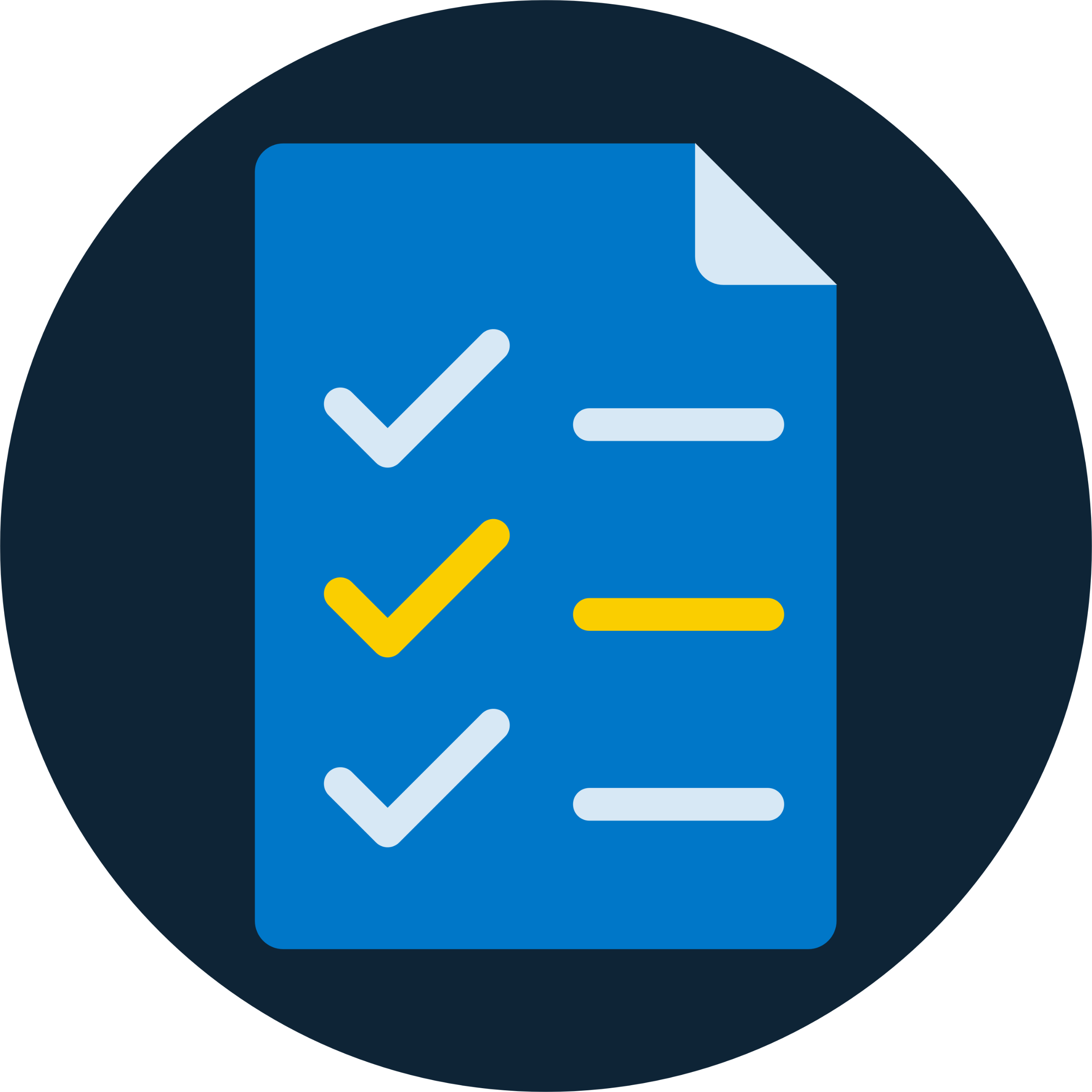
Take control of your energy bills and start saving.
Getting an assessment is free and easy, and starts with finding a NYSERDA participating contractor in your area.
Where Home Energy Assessments Fit in Your Path to a Clean, Efficient, and Comfortable Home
A home energy assessment is the first step toward upgrading your home. Make the most of your upgrades when you start by preparing your home, then explore cleaner, more efficient options.
Get Your Home Ready
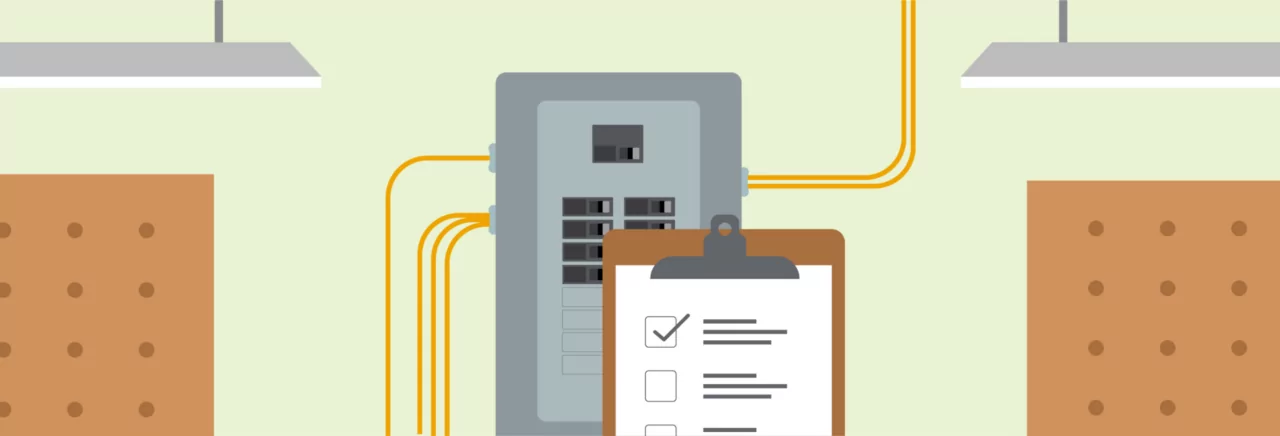
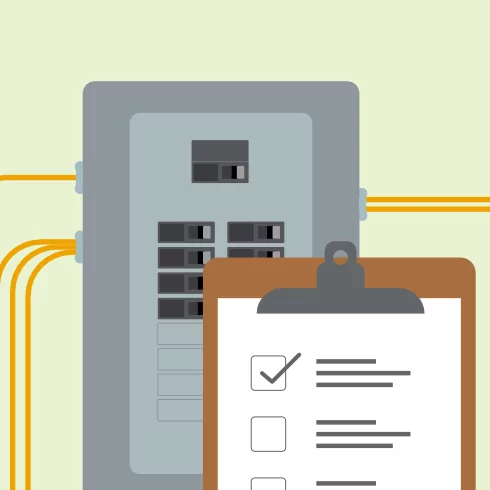
Choose Electric Appliances & Equipment
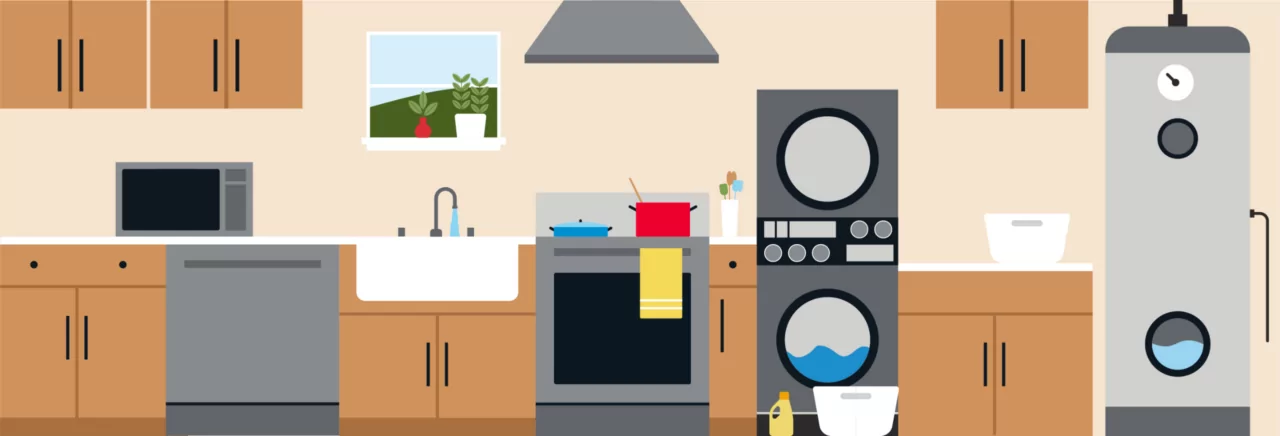
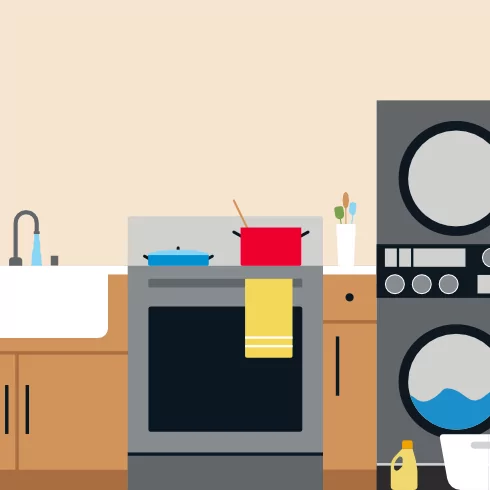
Drive Electric & Go Solar
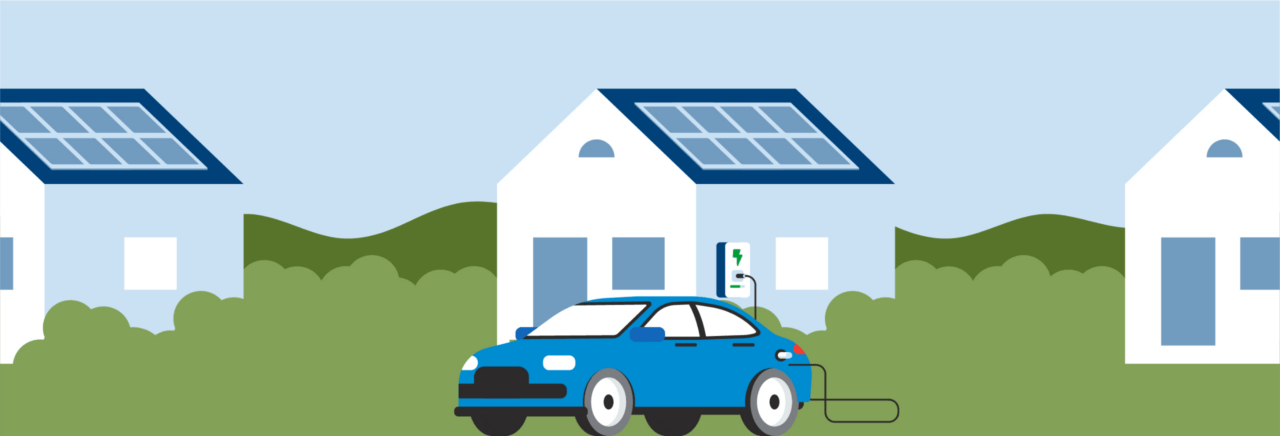
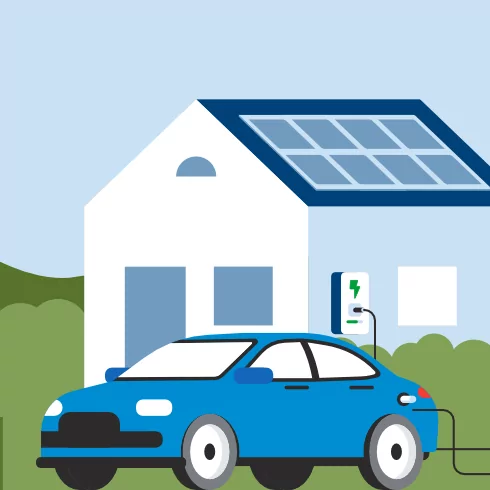
Start Planning Your Home Energy Upgrades
MyEnergy is New York State’s home energy upgrade planning tool that’s designed to maximize your financial savings, streamline home energy projects, and help you discover the benefits of energy efficiency improvements.
